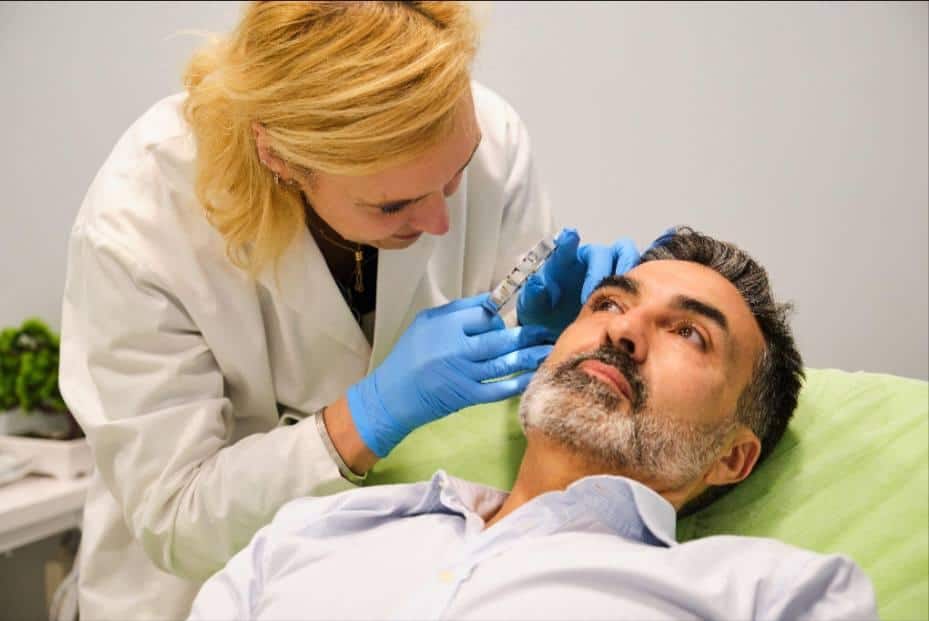Plastic surgery is a multifaceted medical field that combines science with the delicate art of aesthetic enhancements. As the demand for cosmetic and reconstructive procedures grows, the discipline continues to embrace cutting-edge technologies and innovative techniques that dramatically improve patient outcomes. This growth is driven by surgeons who are not only skilled in traditional surgical practices but are also pioneers of new methods that reduce recovery time and increase safety. In the following sections, Amy Sprole delves into the various aspects that highlight plastic surgery's current state and future, examining vital contributions from leading plastic surgeons, their challenges, and their determined pursuit of excellence.
Essentials of Plastic Surgery
Plastic surgery has evolved significantly from its early days of simple reconstructive procedures to today's highly sophisticated aesthetic and reconstructive techniques. The field traces its roots back to ancient India, where techniques for repairing noses were documented in the text "Sushruta Samhita" around 800 BC. In modern times, the field has seen rapid growth fueled by technological advancements and an increased emphasis on minimally invasive techniques.
Today, plastic surgery is at the forefront of medical innovation, continuously adapting to new technologies and patient needs. Trends such as laser treatments, fat grafting, and 3D printing are reshaping what is possible, allowing plastic surgeons to achieve more precise and lasting results. As societal attitudes towards cosmetic surgery change, the demand for procedures continues to rise, pushing the field towards more ground-breaking advancements.
The impact of these advances is seen in the enhanced techniques and the way they improve patient outcomes. Faster recovery times, reduced risk of complications, and improved aesthetic results are some benefits that have significantly contributed to the field's growth and popularity. As plastic surgery continues to evolve, it remains a dynamic and changing field, always seeking to improve and innovate.
A Surgeon’s Background and Milestones
After obtaining a medical degree, these surgeons specialize in plastic surgery, where their passion flourishes. Throughout their careers, they have practiced at prestigious hospitals and participated in groundbreaking medical trials that have shaped current surgical techniques.
Their careers are dotted with numerous milestones, including pioneering minimally invasive procedures that have become the standard in surgical practices worldwide. These innovative approaches have earned them multiple awards and international recognition, establishing them as leaders in the field.
Innovative Techniques and Patient Impact
One of the significant contributions to plastic surgery has been the development of a new technique that utilizes laser technology to minimize scarring in reconstructive surgery. This has revolutionized patients' recovery, offering them shorter recovery periods and significantly better aesthetic outcomes. Such innovations have not only directly benefited patients but have also set new benchmarks in the surgical community.
Introducing these advanced techniques has led to revolutionary changes in patient care. Enhanced precision in surgical procedures now allows for results that were once deemed unachievable. The commitment to patient-centered care is evident in the continuous pursuit of techniques that prioritize safety and effectiveness, ensuring that the benefits of these innovations reach a broad demographic of patients. This relentless innovation cycle uplifts the field and offers new hope and possibilities to patients seeking reconstructive or cosmetic enhancements.
Challenges and Resilience
The journey through the field of plastic surgery is filled with challenges, ranging from the technical complexities of new procedures to patients' high expectations. Surgeons face these challenges head-on, using them as stepping stones to refine their skills and approach. One significant obstacle is integrating digital technology into traditional practices, a transition that requires technical knowledge and a shift in mindset.
Leadership and Community Contributions
As seasoned experts, plastic surgeons have always valued sharing knowledge and expertise. Leading by example, they have mentored a generation of young surgeons, imparting skills that extend beyond the operating room. Their involvement in various professional organizations has also facilitated the development of policies that promote patient safety and ethical practices in plastic surgery. They have helped advance the field by fostering a collaborative environment, ensuring that new knowledge is continuously integrated into clinical practices.
Looking Ahead: The Future of Plastic Surgery
Anticipating the future trends in plastic surgery, surgeons remain committed to innovation and excellence. They see a world where surgery is about aesthetics and enhancing quality of life, with procedures becoming more personalized and less invasive. The potential of gene therapy and bioprinting is on the horizon, promising even more revolutionary changes in the field. By remaining at the forefront of these developments, these surgeons aim to continue contributing to a future where the possibilities of plastic surgery are fully realized in improving human health and well-being.


